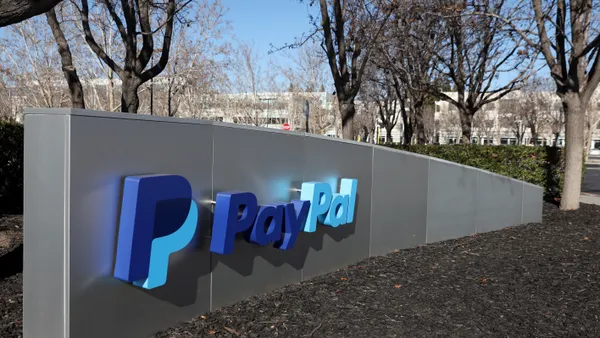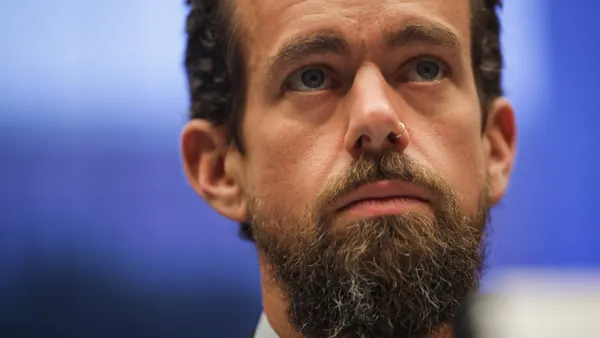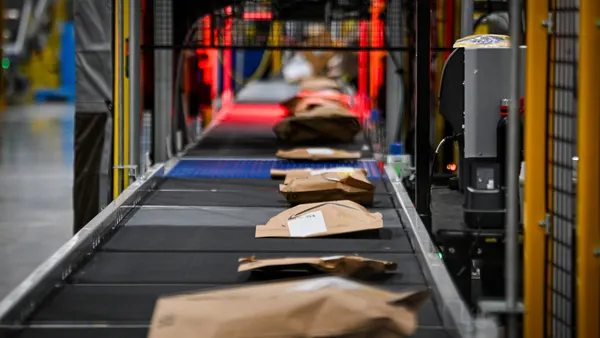Installment payment provider Splitit is making a push into the business-to-business arena, with a goal to more than double its volume in that segment by mid-next year.
The Atlanta-based company, which facilitates installment lending on a customer’s credit card, is sharpening its focus on areas traditional buy now, pay later providers have avoided, such as B2B, said Splitit CEO Nandan Sheth.
That includes scenarios where small and medium-sized businesses behave like consumers and are buying from large e-commerce merchants, Sheth said during an Aug. 4 interview. For example, a sole practitioner dentist buying from a dental supply company, he said.
“Those use cases are very underserved by traditional BNPL, because they find it very difficult to underwrite businesses,” Sheth said.
“Our product is super suitable … because we’re not technically underwriting the business, as long as they have a corporate card or even a personal card,” he said. Splitit leverages consumers’ existing credit limits rather than originating new loans at the point of sale.

With Splitit finding early success in B2B uses, the company is hiring a small team focused on growing that part of the business, Sheth said. Currently, B2B makes up 12% of the company’s merchant sales volume. Splitit seeks to grow that to 30% by midway through next year, he said.
Splitit’s also taking aim at transactions where traditional BNPL players might be pulling back on approvals as they’ve tightened underwriting, such as with large average ticket merchants.
“We’re proactively going to that segment,” Sheth said. The segment includes luxury merchants and home goods.
The company, founded in 2012, works with nearly 1,500 merchants globally, about 20% of which are mid-market to large merchants, he said.
Last November, the company began pursuing larger merchants, as well as distribution through major partners, Sheth said. In the second quarter of this year, Splitit recorded a 39% jump in revenue, to $3.1 million, according to a quarterly report issued July 31. Splitit, which integrates with merchants, acquirers, processors and e-commerce platforms, is betting its partnership with card network Visa, announced in May, will bolster growth.
The tie-up, which Sheth called a “pinnacle deal,” combines Splitit’s installments service with Visa Installments to provide merchants with BNPL capabilities embedded within the credit card process. The technical work on that partnership is underway, and the U.K. and a few countries in the Asia-Pacific region have been named as initial target pilot markets, Sheth said.
Splitit, which reported $4.4 million in operating expenses during the quarter, has sought to be disciplined with expense management. But the company continues to hire, based on deals such as that with Visa: Splitit currently employs about 80 people, and Sheth expects that number to be about 100 in the first quarter of next year.
“Any expense increases that we make are going to be backed by revenue,” he asserted.
Acquisition pursuits
Splitit has considered two possible acquisitions since January and concluded on both that the technology either overlapped or didn’t add to what the company has, Sheth said.
Both assets Splitit considered were “challenged,” Sheth said. “They were not distressed but they were challenged. One was going to be an asset purchase. One would have been a full acquisition.”
Splitit executives ultimately decided that the risk profile, pricing and profit margins of those companies didn’t align with how it runs its business, Sheth said.
“I’ve done M&A transactions where you have to integrate on the backend a few times, and I’ve learned a lot of lessons,” he said. “Once we did the scorecard, it just didn’t make sense for right now.” Still, the company is actively looking in the market, he said.
Sheth also said there’s “a constant stream of interest” by those seeking to purchase the company, although executives don’t think it’s the right time to sell. “We’re much more focused on building scale and building product innovation around our very differentiated value proposition,” Sheth said.














